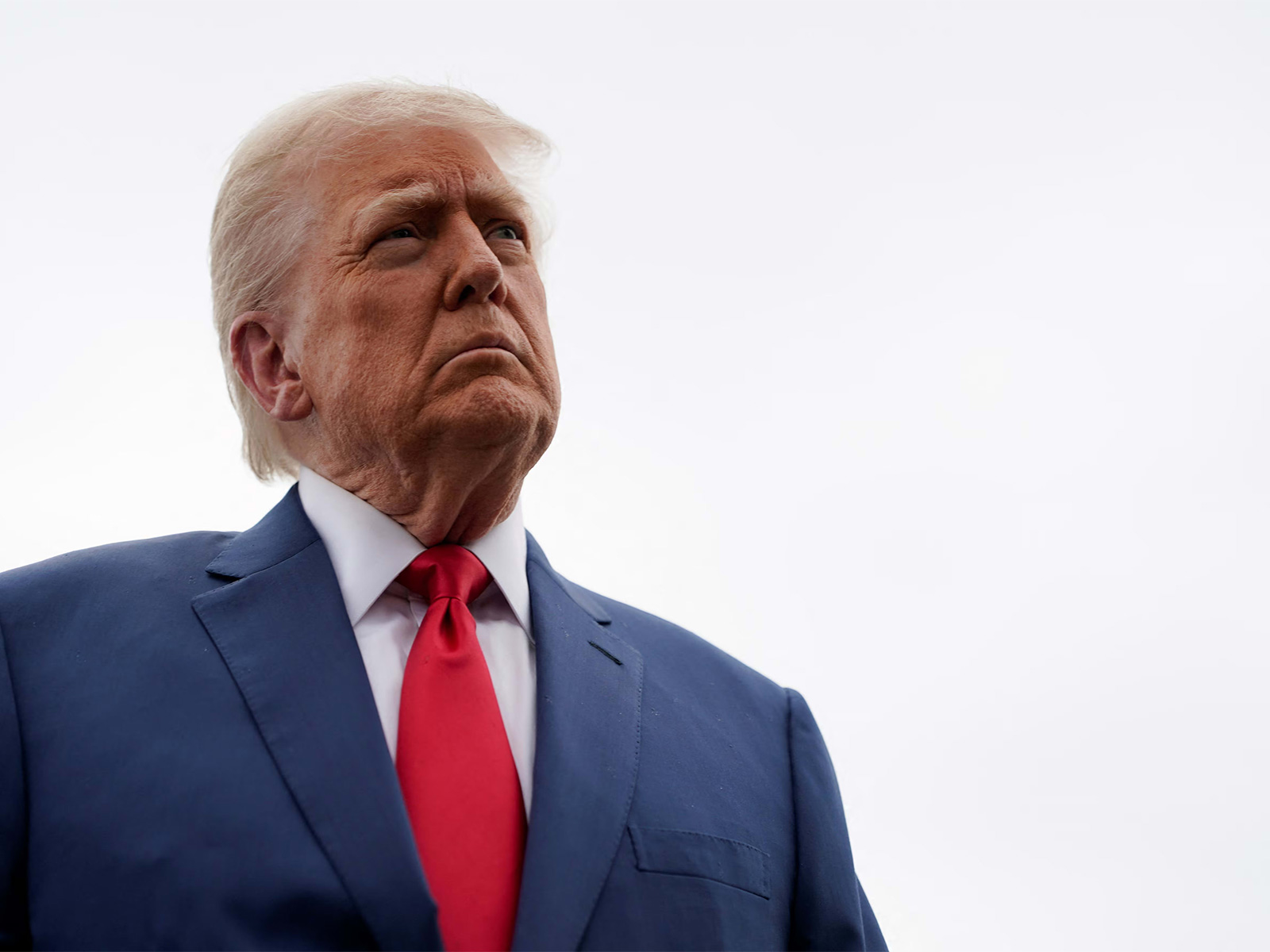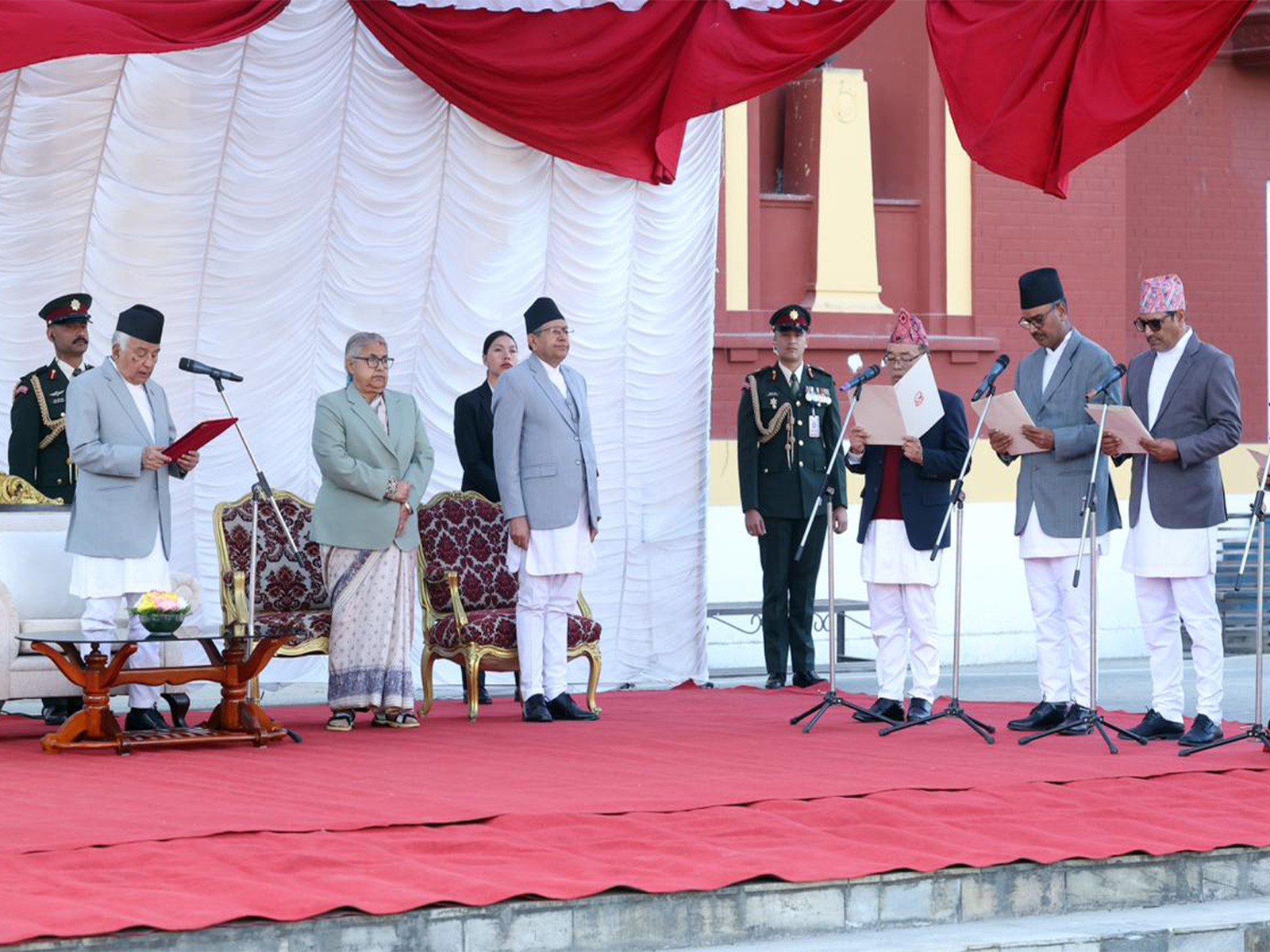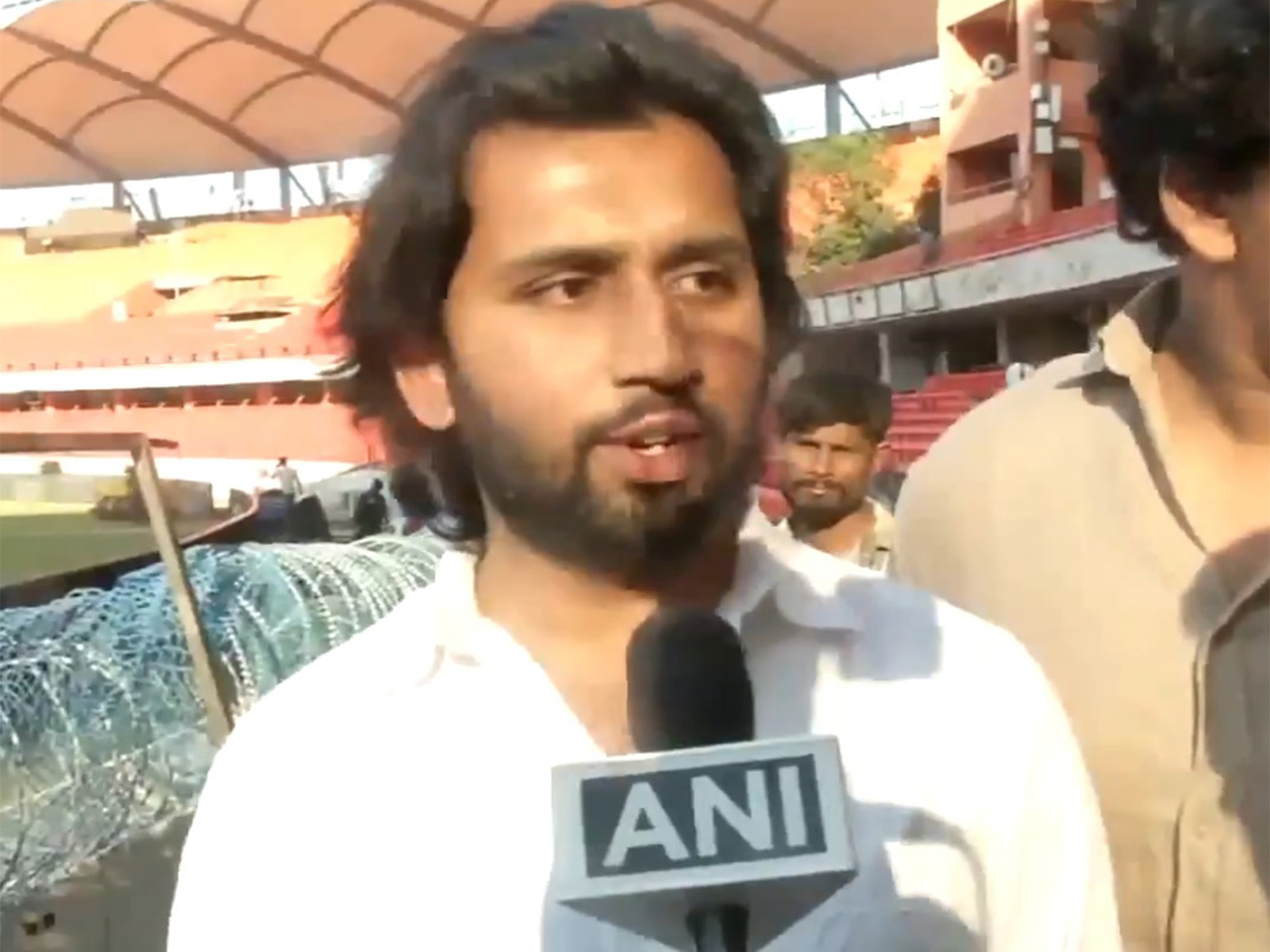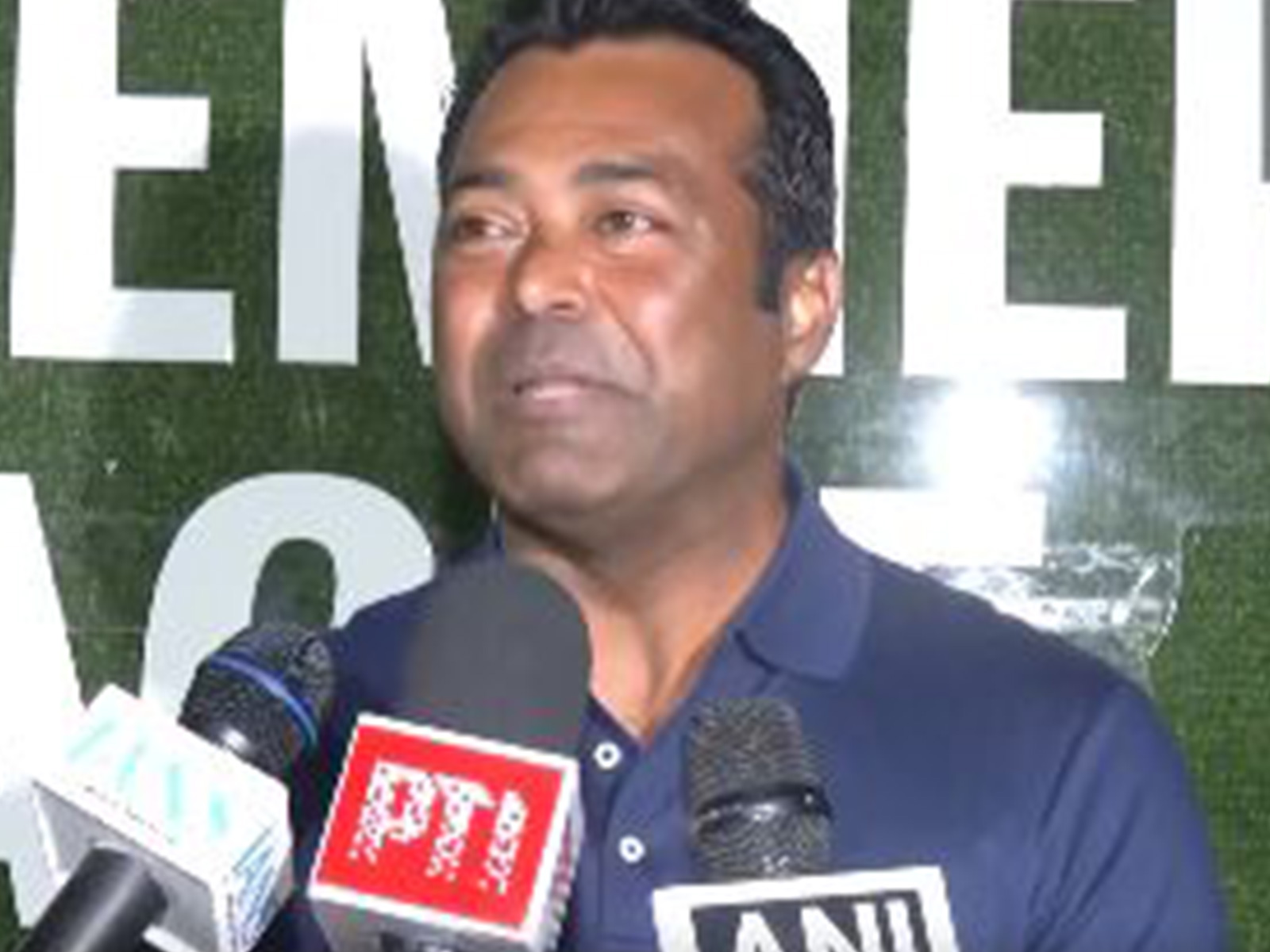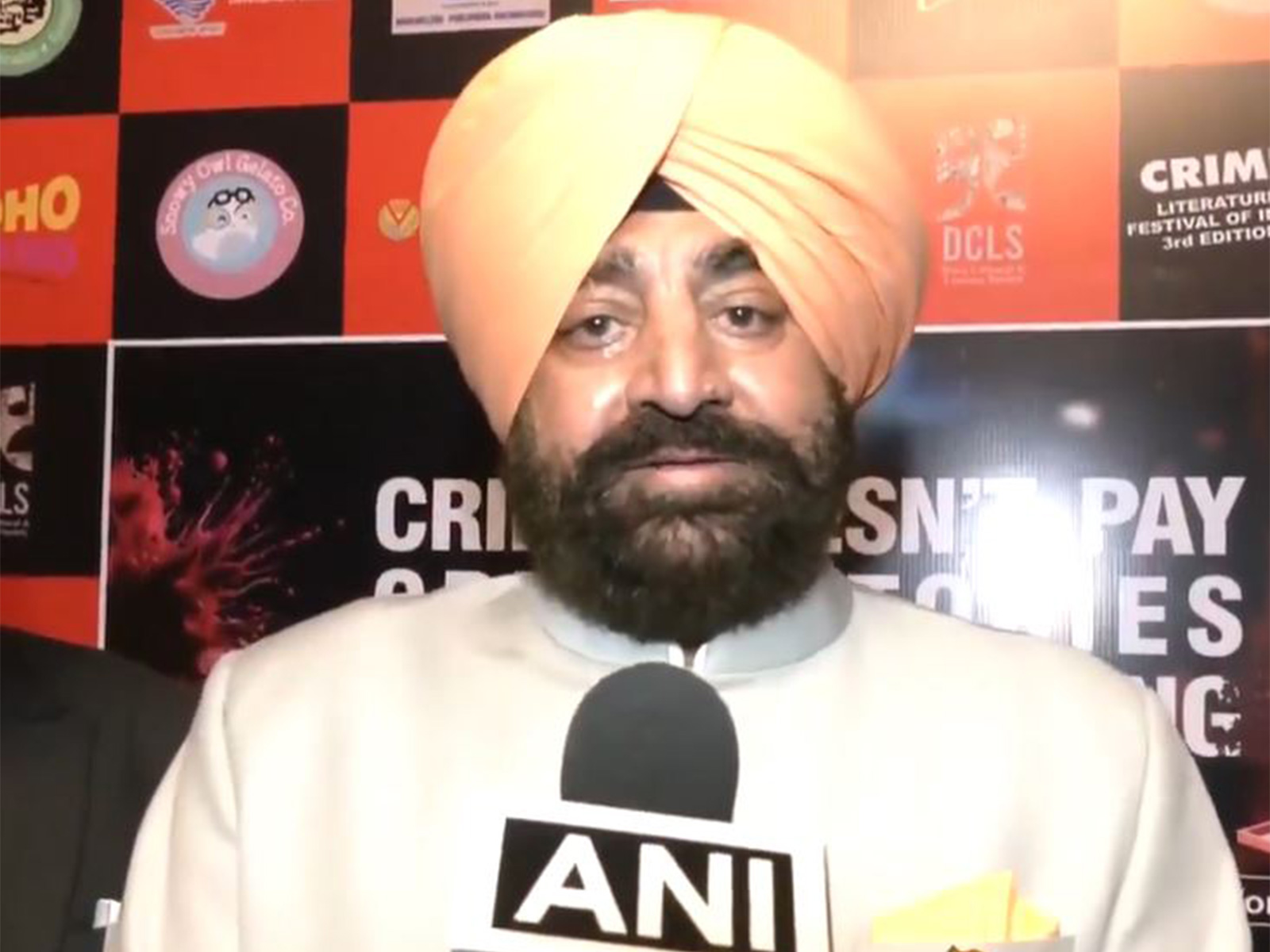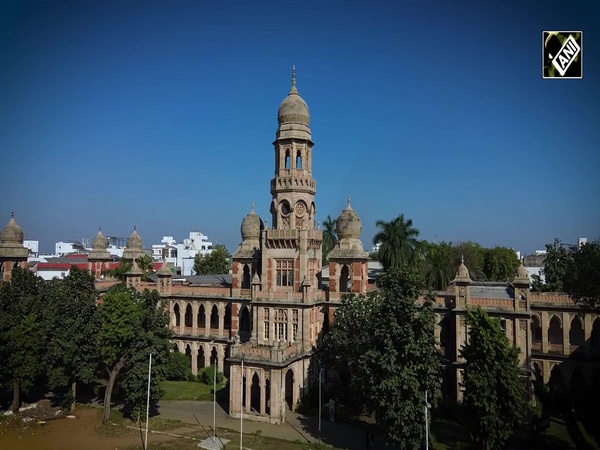Pakistan: Jamaat-i-Islami chief Hafiz Naeem warns of long march if power tariff agreement not implemented
Aug 22, 2024

Hyderabad [Pakistan], August 22 : Hafiz Naeem, the chief of Jamaat-i-Islami (JI) Pakistan, has warned that his party may organise a Long March if the federal government fails to implement the power tariff agreement reached after their sit-in, once the 45-day deadline expires, Dawn reported.
According to the report, Hafiz Naeem stated that the nationwide strike on August 28, aimed at protesting high power costs and price increases, would be successful.
Speaking to JI office-bearers at a banquet in Latifabad on Wednesday, he emphasized that Jamaat-i-Islami had become a beacon of hope for the marginalized. He noted that there are 32 days remaining for the implementation of the agreement reached with the government, and if it is not enacted within the 45 days, the JI would call for a Long March to compel the government to fulfil its commitments.
He criticized the Punjab government's allocation of PKR 45 billion for a two-month power subsidy as a superficial gesture, asserting that the JI advocates for affordable electricity throughout Pakistan year-round.
Hafiz Naeem also pointed out that both the government and opposition seemed indifferent to public concerns, while only the JI was actively engaged in addressing these issues.
The report highlighted that the JI chief criticized the Sindh government for its poor governance, asserting that it was well-known that Sindh had the worst administration in the country. He further claimed that the Pakistan People's Party (PPP) was controlled by a few families and 40 landlords, suggesting that a party operating solely on personal will should no longer be regarded as a legitimate political entity.
He accused the PPP of manipulating control over Karachi to install its mayor, labelling it as a 'qabza group' party. Hafiz Naeem argued that the people needed to be freed from those imposed on them from 'Islamabad.' He also questioned the provincial government's ability to address the issue of arms and ammunition being supplied to riverine dacoits in Sindh.
The Express Tribune quoted Energy Minister Awais Leghari acknowledging that the electricity rates in Pakistan were the highest in the region but emphasized that the government was working on providing relief to the masses, who could expect "positive news in a month or two."
Addressing the National Youth Convention in Islamabad, the minister stated that Pakistan's actual electricity generation capacity was 29,000 megawatts and not the often-cited figure of 45,000 MW. He noted that the year-round demand was just 7,000 MW, with peak demand reaching up to 24,000 MW.
"I admit, we are providing the most expensive electricity in the region," Leghari said. Speaking about the capacity payment to the Independent Power Producers (IPPs), which is often blamed for the exorbitant hike in the power tariff, he said such a payment was the cost of avoiding load-shedding.


